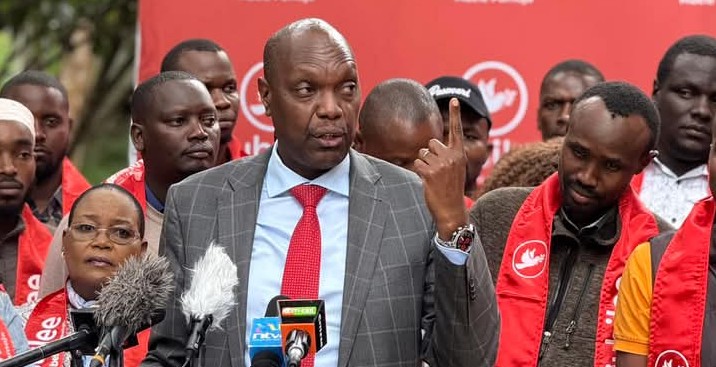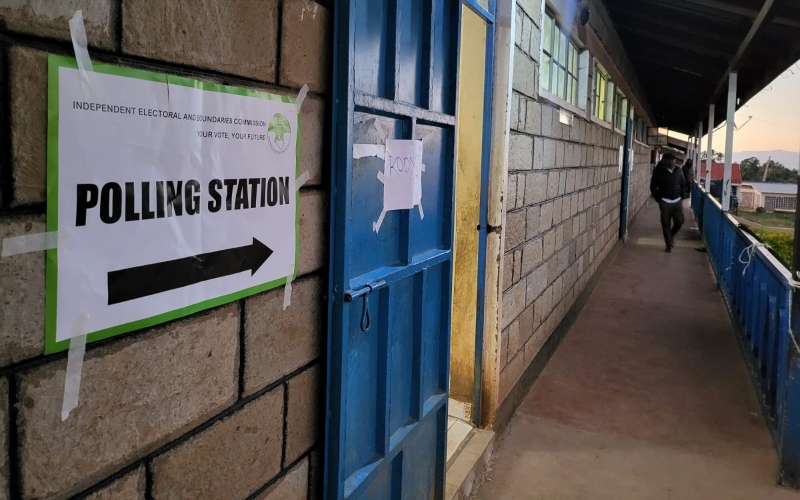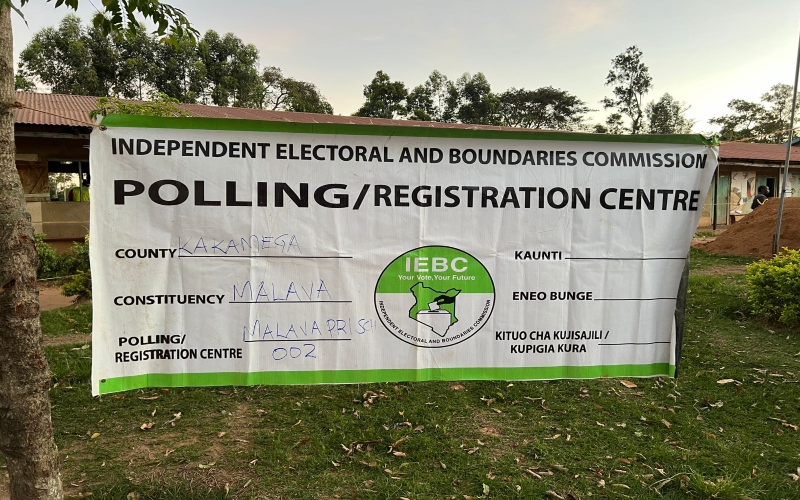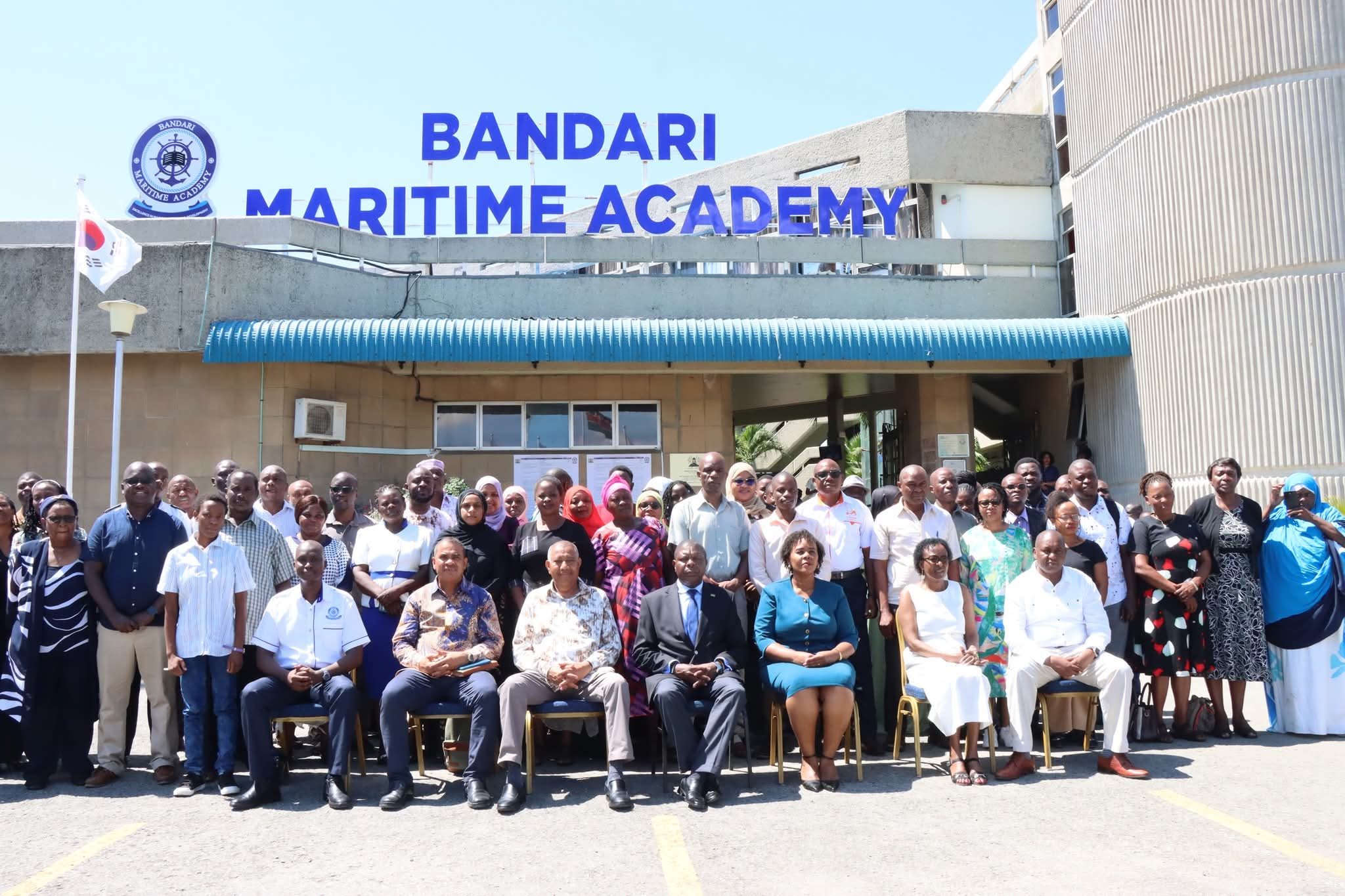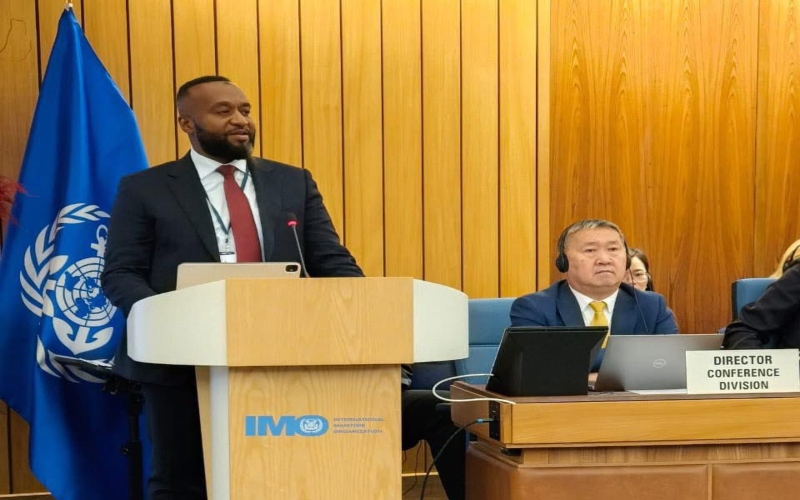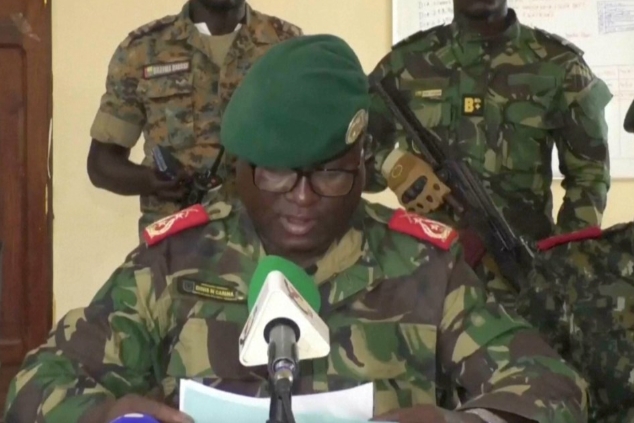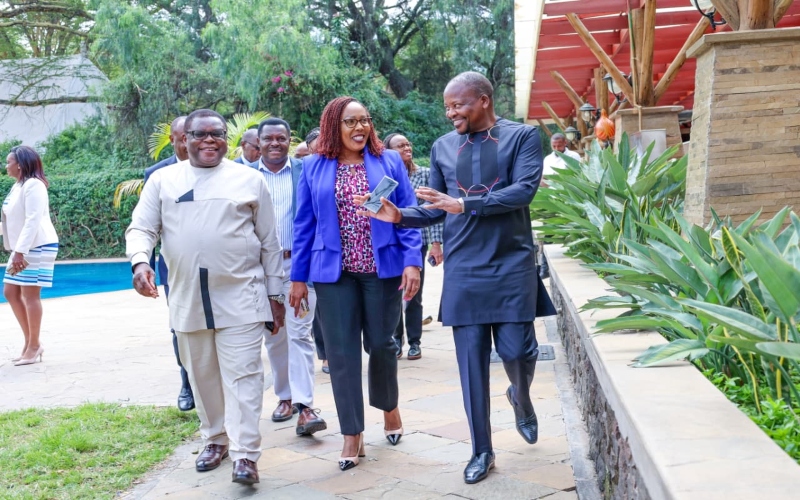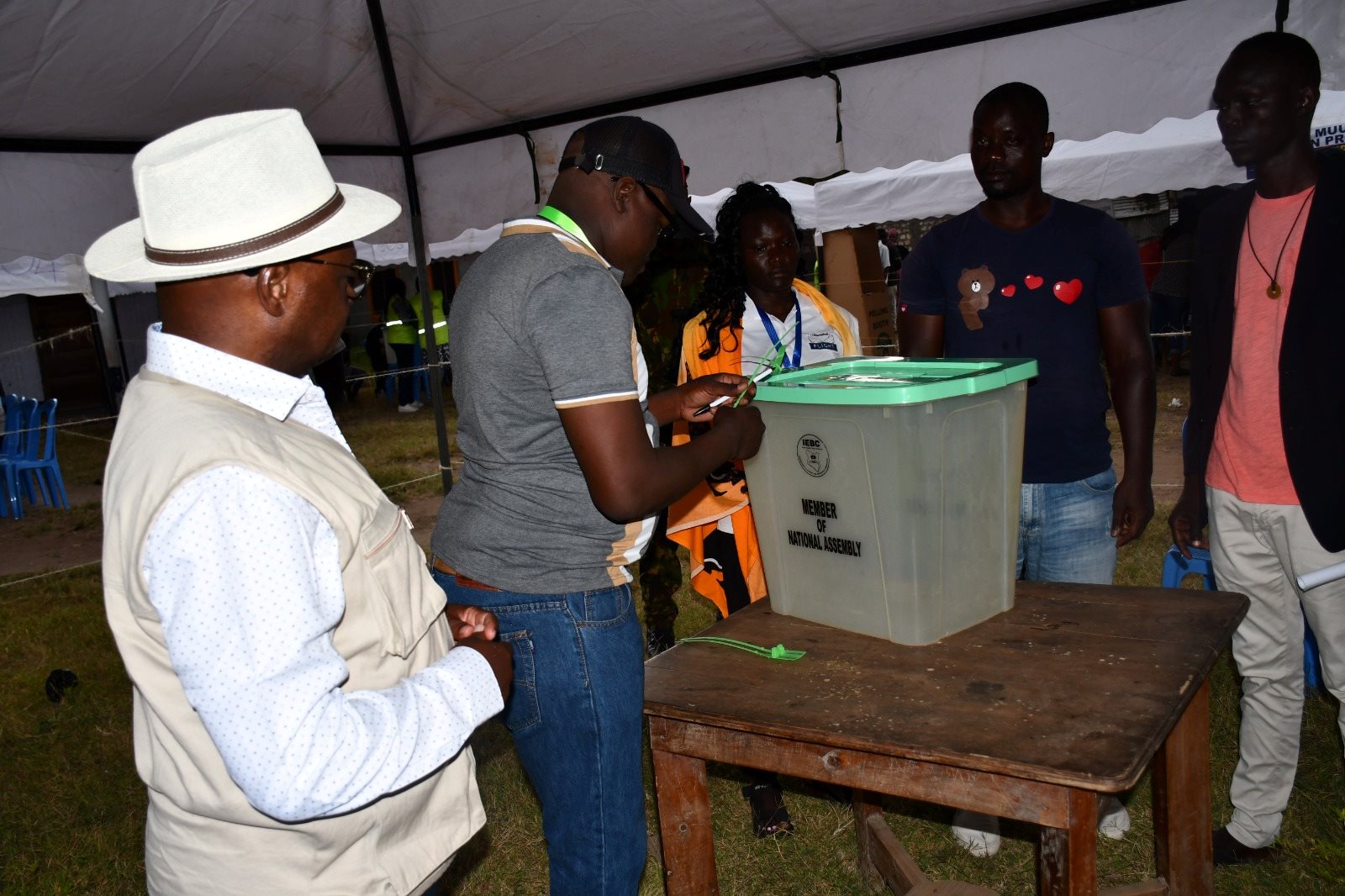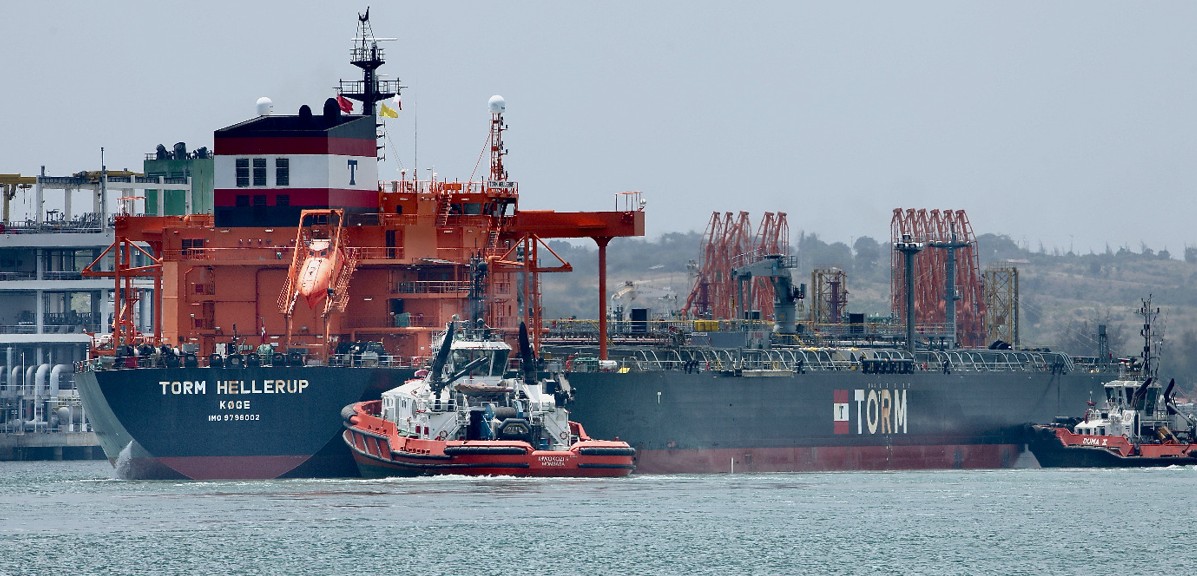Hope returns to Mandera as elders lead peace caravan to reunite warring Garre and Degodia clans
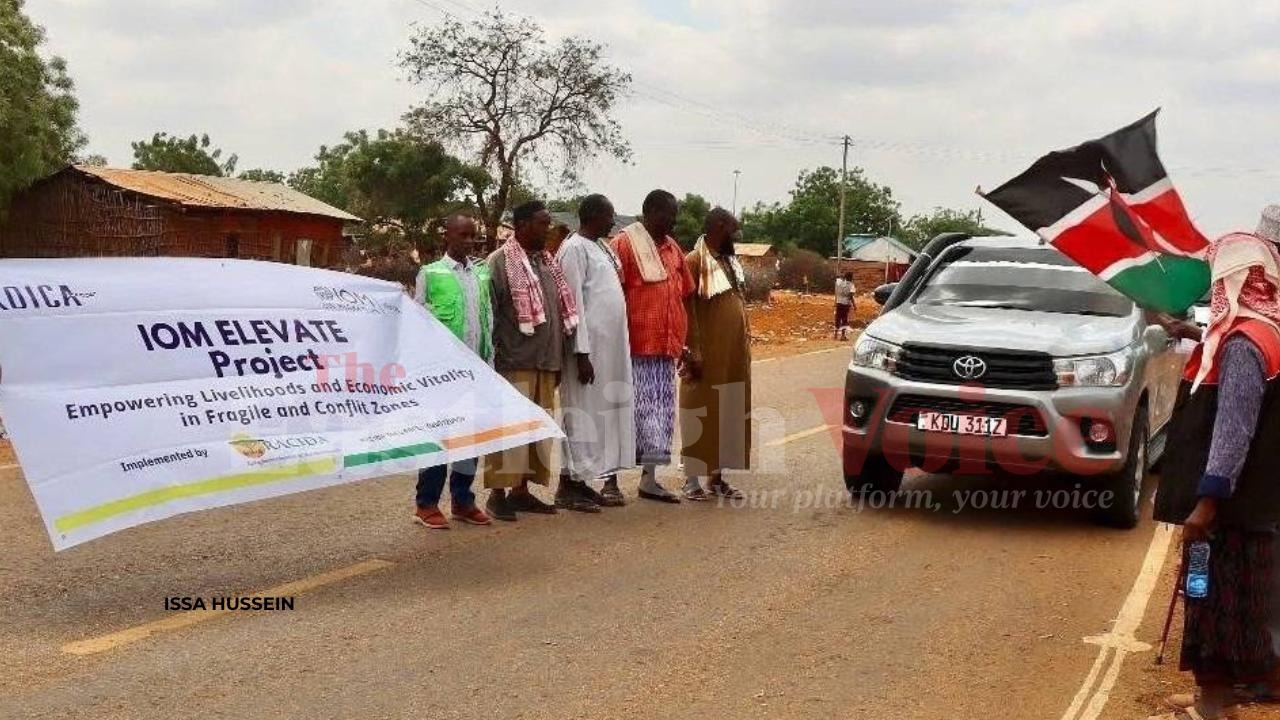
Elders from the Garre and Degodia communities are leading a peace caravan across Mandera West to heal divisions, resettle displaced families, and rebuild trust after months of deadly inter-clan clashes.
Community elders in Mandera are urging hundreds of families displaced by inter-clan clashes in Mandera West Sub-County to return home, as a major peace caravan continues to traverse the region to restore trust and reconciliation between the Garre and Degodia communities.
The caravan, supported by the International Organisation for Migration (IOM) through KOICA and implemented by RACIDA in partnership with the Mandera County Department of Peace and Cohesion, began four days ago in Wargadud. Its goal is to heal divisions, resettle displaced families, and rebuild community relations shattered by months of ethnic violence.
During visits to Qorodhobo villages 1 and 2—settlements abandoned seven months ago after deadly clashes—elders and religious leaders from both communities encountered scenes of desolation: empty schools, silent grazing fields, and deserted homes.
“It is heartbreaking to see places that were once vibrant with life now overtaken by wildlife,” said Yunis Sheikh, a Garre elder. “People who once lived together peacefully fled in fear. We must now rebuild and restore our unity.”
He urged both the national and county governments to assist returning families by rehabilitating critical infrastructure, including water systems damaged during the conflict.
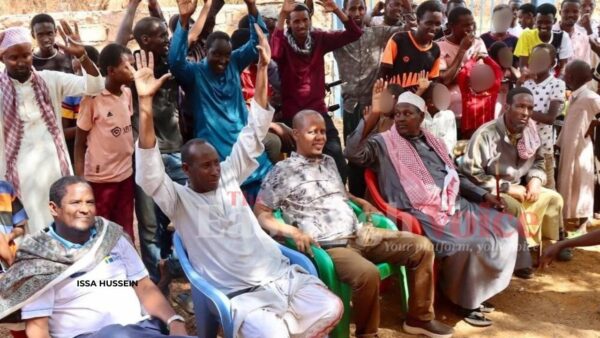 Residents of Goofa in Mandera West gather for a peace rally where they pledged their full support for the ongoing peace initiative. (Photo: Issa Hussein)
Residents of Goofa in Mandera West gather for a peace rally where they pledged their full support for the ongoing peace initiative. (Photo: Issa Hussein)
Humanitarian assistance
Representing the Degodia community, Mohamed Haji Dahir echoed the call for displaced families to return and stressed the importance of humanitarian assistance to support rebuilding efforts.
“We appeal to both levels of government and humanitarian organisations to support resettlement efforts with food and water aid,” Dahir said. “Our Members of Parliament should also prioritise completing stalled constituency projects that were abandoned because of the conflict.”
The ongoing caravan follows a landmark peace accord signed two months ago after successful dialogue between Garre and Degodia representatives at the Granada Hotel in Mandera town. The talks were facilitated by the county’s peace and cohesion department with support from donor partners.
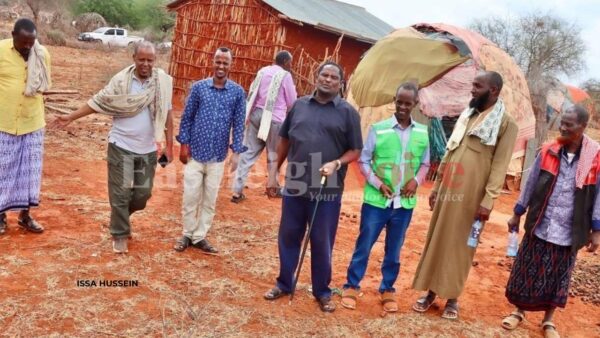 Community elders and religious leaders visit Qurdhubo village which was deserted due to the inter-clan skirmishes. (Photo: Issa Hussein)
Community elders and religious leaders visit Qurdhubo village which was deserted due to the inter-clan skirmishes. (Photo: Issa Hussein)
The discussions produced a roadmap to reconciliation, which is now being implemented through community-level peacebuilding activities.
Over the next five days, the peace caravan will continue its journey through the Wargadud–Ashabito and Mandera West–Ashabito corridors, bringing together elders, ulama (Islamic scholars), administrators, and peace officials to reinforce dialogue, share resolutions, and establish local ceasefire and conflict-monitoring committees.
According to the county peace department, the initiative aims to “strengthen trust, foster dialogue, and promote lasting peace among communities — paving the way for a united and secure Mandera West.”
Community members who engaged with the peace caravan expressed optimism and pledged their support for the ongoing peace initiative.
Other Topics To Read
- Northern Kenya
- Mandera peace caravan
- Garre and Degodia conflict
- Mandera West clashes
- displaced families Mandera
- inter-clan reconciliation Kenya
- Mandera elders peace efforts
- IOM KOICA peace project
- RACIDA Mandera initiative
- peacebuilding in northern Kenya
- Mandera County peace accord
- Hope returns to Mandera as elders lead peace caravan to reunite warring Garre and Degodia clans
- Headlines
Top Stories Today




